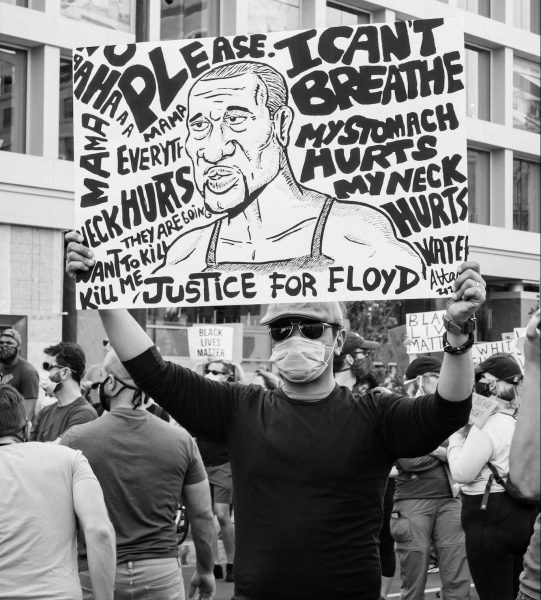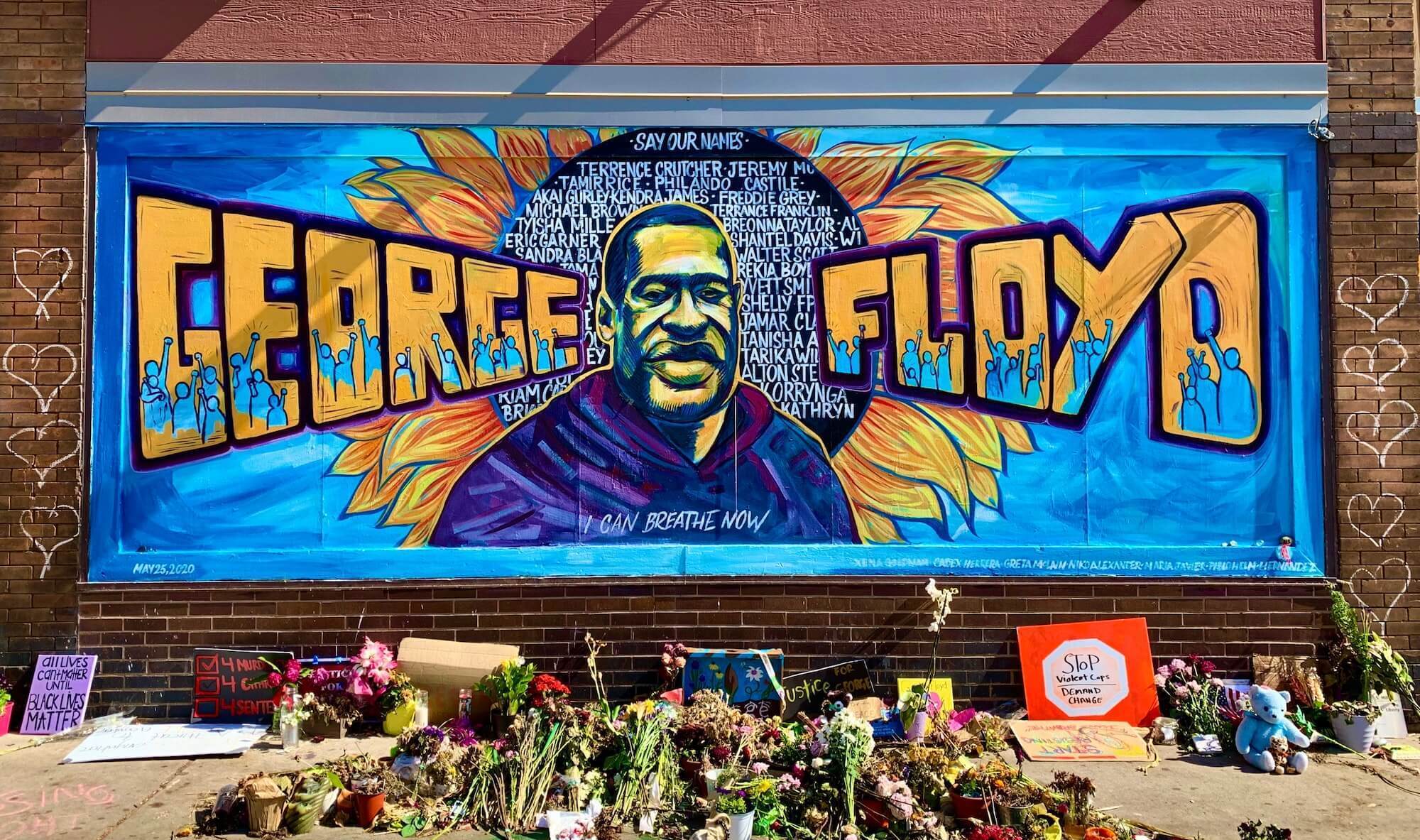Life
What the Guilty Verdict in George Floyd’s Murder Means
Much like 9/11, the assassination of JFK, and the landing on the moon, many of us remember exactly where we were – and exactly how we felt – when we saw the video for the first time.
The video.
That’s all I need to say. You know exactly what I’m talking about. Nine minutes and 29 seconds that elicited sheer horror in some, and a cold reminder for others.
As my wife and I sat in our living room staring at our iPhone screens, our reactions truly were black and white. She, a white woman from Canada, was visibly shaken and shocked by what she was seeing. But for me, a Black man from America, it was simply just another sad reminder of what I’ve known to be true all my life; only this time, it was caught on tape.
Table of Contents
The days that followed George Floyd’s death were hard for our family.
The tragedy sparked a new kind of fear in my wife’s heart that she hadn’t known before – for the first time in her life, she was seeing an unfiltered truth of the dangers that exist outside our front door for our son and me. But for me… well, I just felt sad.
While George Floyd’s murder at the hands of police did not surprise me, it did weigh heavily on my spirit. Non-Black people now had video proof of the horrors our community has been experiencing for hundreds of years, and nothing was happening.
Sure, there were protests. Sure, there was outrage. But where was the accountability?
Four long days dragged on as we watched cities burn and no arrests made. Even with the video so clearly corroborating the truth for Black Americans, our lives were seemingly not worthy enough to hold a man in blue accountable for murder.
But then, on May 29, 2020, the tide began to turn. Derek Chauvin was arrested and charged. I would like to say that his arrest and eventual conviction were cause for celebration, but I feel like I’ve been holding my breath since the first moment I saw George Floyd pinned to the ground with a knee on his neck, pleading for his life.
I wouldn’t call the conviction justice, but I would call it the beginning of accountability.
On April 20, my wife and I had just returned from taking our son to the playground when we heard the breaking news that the jury had reached a verdict. Despite the case feeling like it was a slam dunk for the prosecution, there was something inside of me that was too scared to be hopeful.
When the newsfeed cut to the courtroom to hear the jury’s verdict, I sat there still holding my breath.
“Members of the jury, I understand you have a verdict.”
…here we go.
“Members of the jury, I will now read the verdicts as they will appear in the permanent records of the fourth judicial district… state of Minnesota, Plaintiff versus Derek Michael Chauvin, Defendant.”
… flashbacks to Trayvon Martin, Michael Brown, Tamir Rice, Eric Garner.
“Verdict Count One. Court file number 27 CR 2012646. We, the Jury, in the above entitled matter as to count one, Unintentional Second-Degree Murder While Committing a Felony, find the defendant Guilty.”
Hope.
“Same caption, Verdict Count Three. We, the Jury, in the above entitled matter as to Count Three, Second Degree Manslaughter, Culpable Negligence Creating an Unreasonable Risk, find the defendant Guilty.”
Exhale.
No cause for celebration, but an opportunity to exhale.

How could we possibly celebrate when we’ve senselessly lost so many Black lives at the hands of police? I wouldn’t call the conviction justice, but I would call it the beginning of accountability. April 20 was a very important step in the fight for racial justice and equality, but we’re nowhere close to done.
This year, as we near Juneteenth, we will find out how Judge Peter Cahill will decide Chauvin’s fate. Under Minnesota guidelines, Chauvin could be facing as little as 12.5 years or as much as 75.
Given that systemic racism not only runs rampant among police forces, but also in our schools, hospitals, and judicial systems, I find myself once again holding my breath; and, to be honest, Judge Cahill’s warning that Rep. Maxine Waters’ comments could be grounds for appeal don’t have me feeling especially optimistic.
As I continue holding my breath for news of Chauvin’s conviction, I can’t help but feel just a little bit more hopeful – and that’s more than I had on April 19.
When I think about what the guilty verdict means for Black Americans, I can’t help but think about the following quote by the great Malcolm X:
“If you stick a knife in my back nine inches and pull it out six inches, there’s no progress. If you pull it all the way out that’s not progress. Progress is healing the wound that the blow made. And they haven’t even pulled the knife out much less heal the wound. They won’t even admit the knife is there.”
On May 29, they admitted the knife was there. On April 20, they pulled the knife out. Only time will tell if they’re willing to heal the wound.

